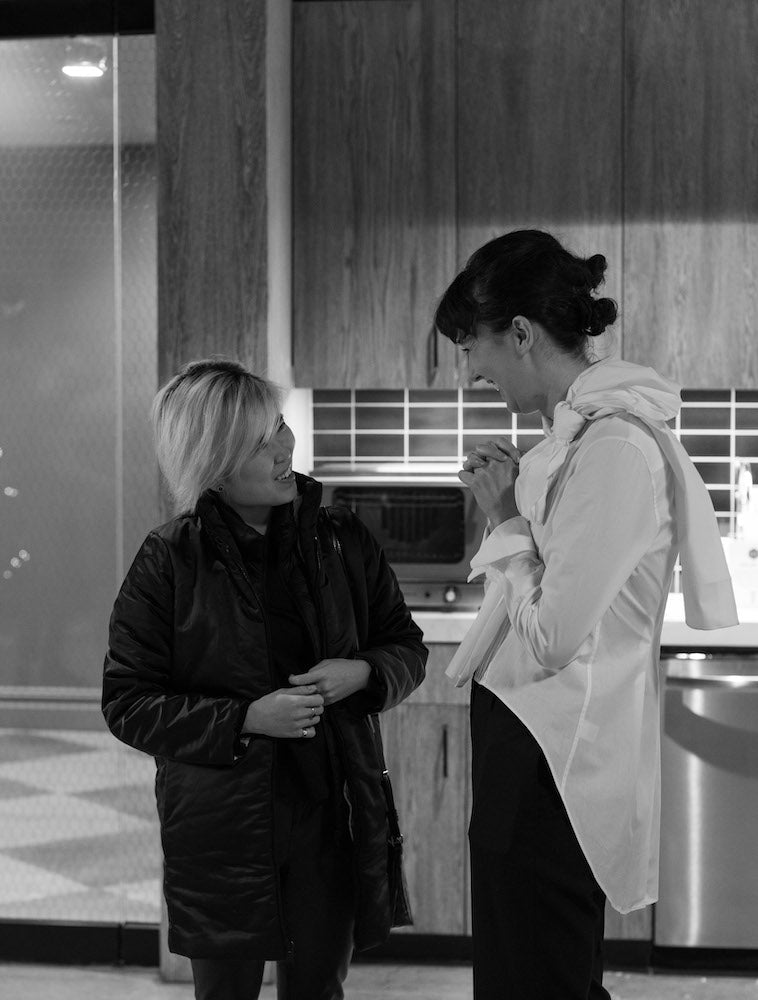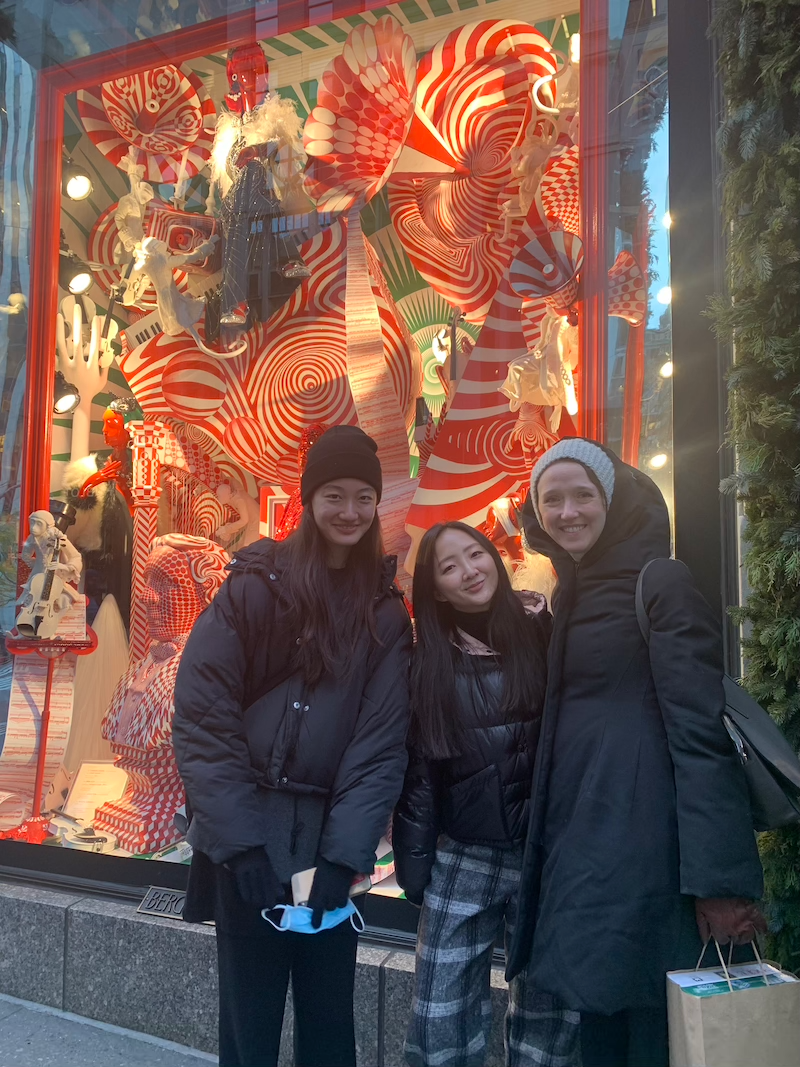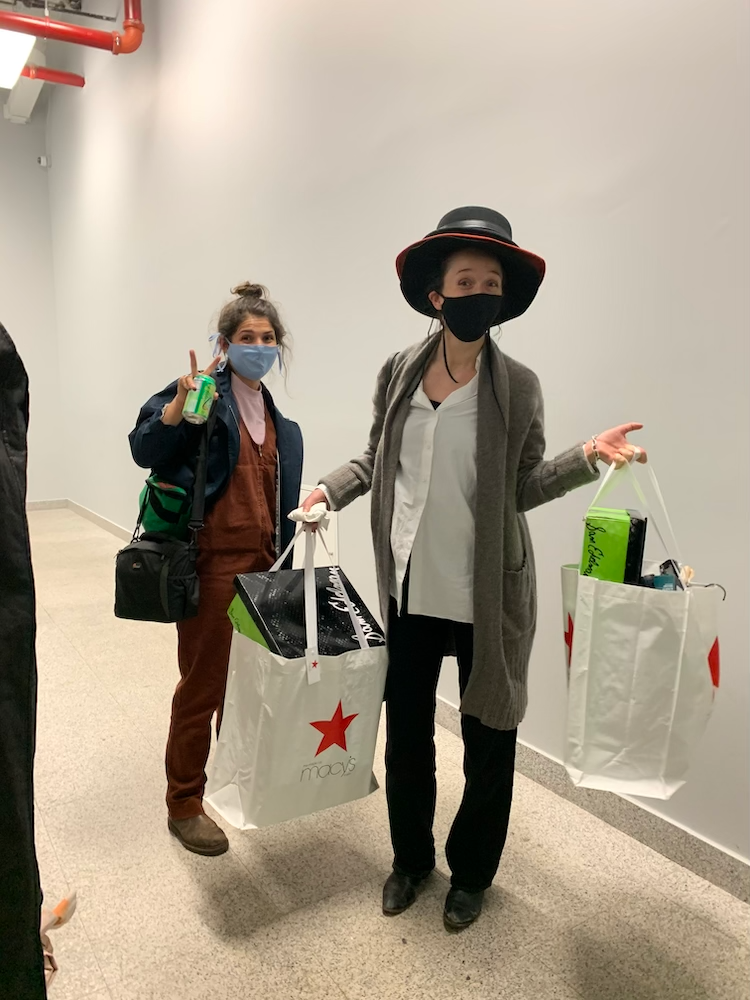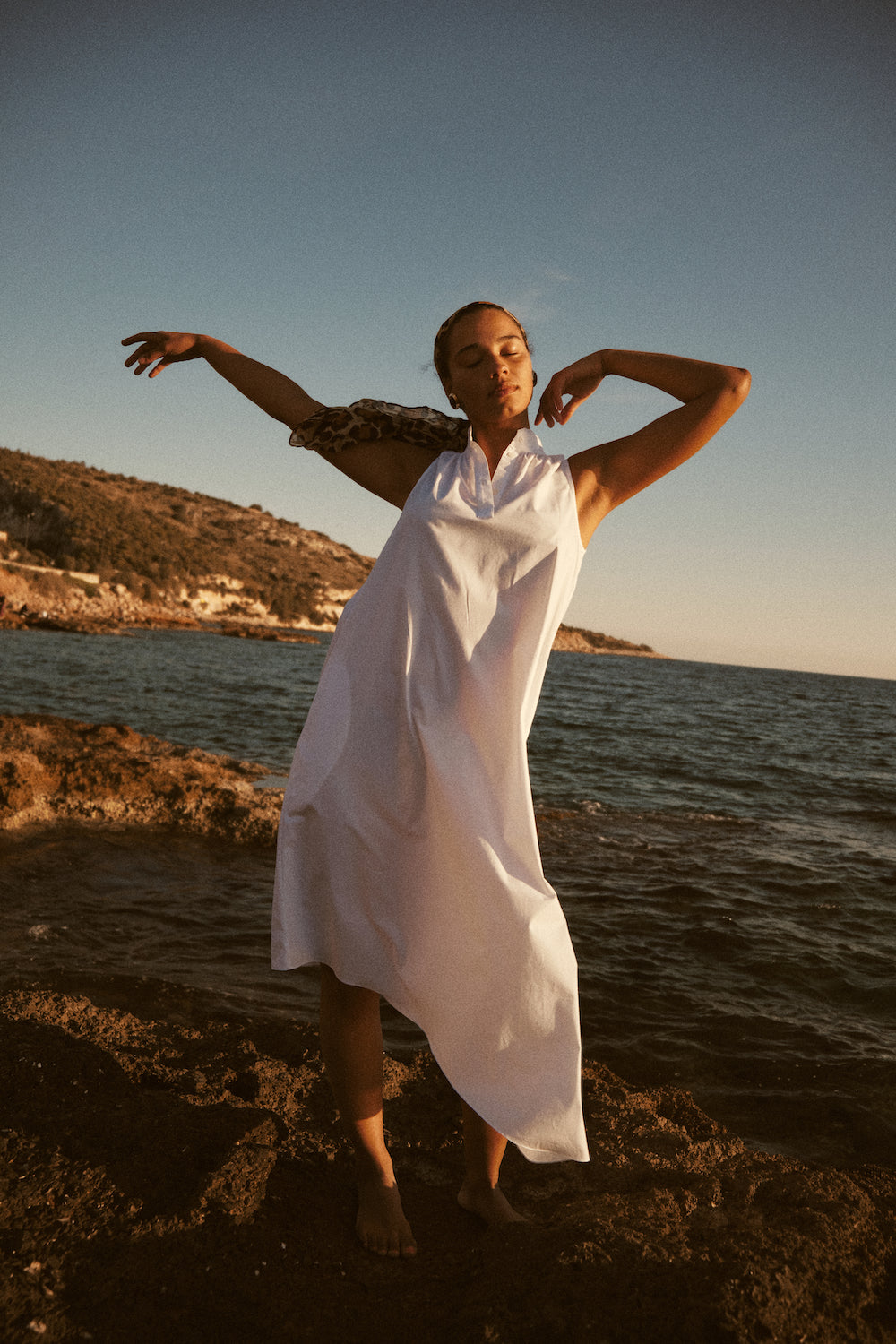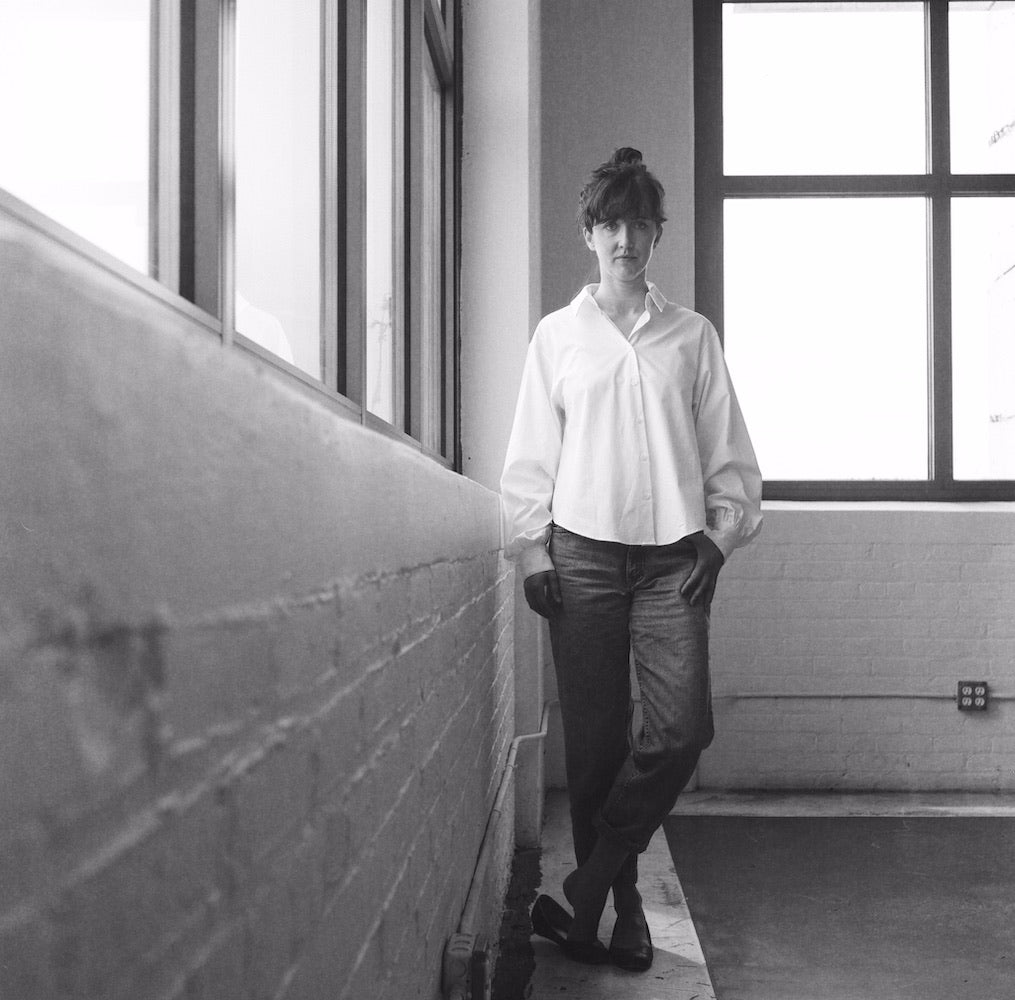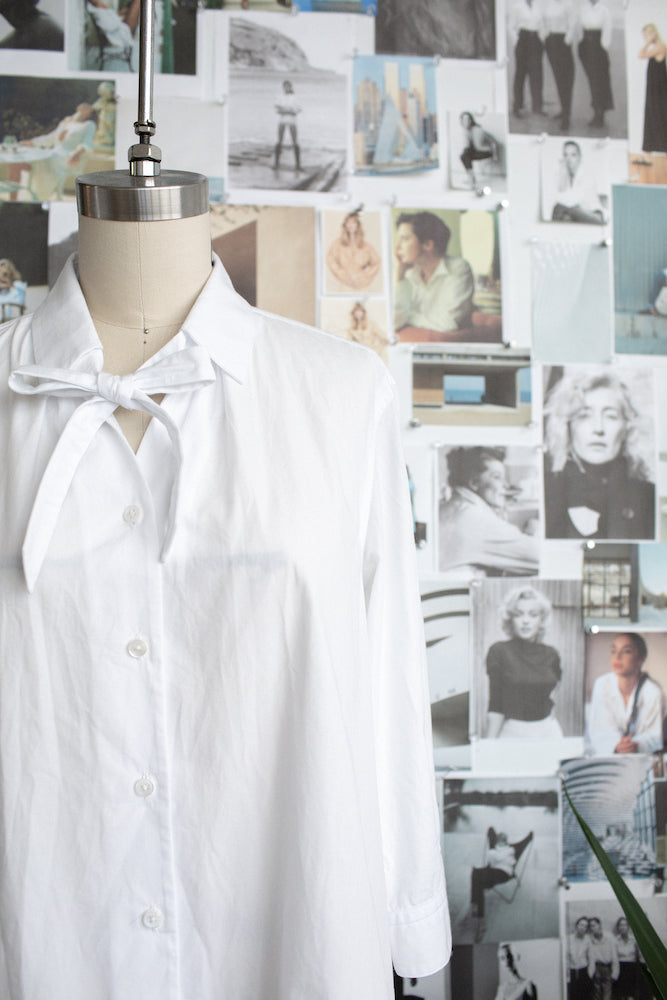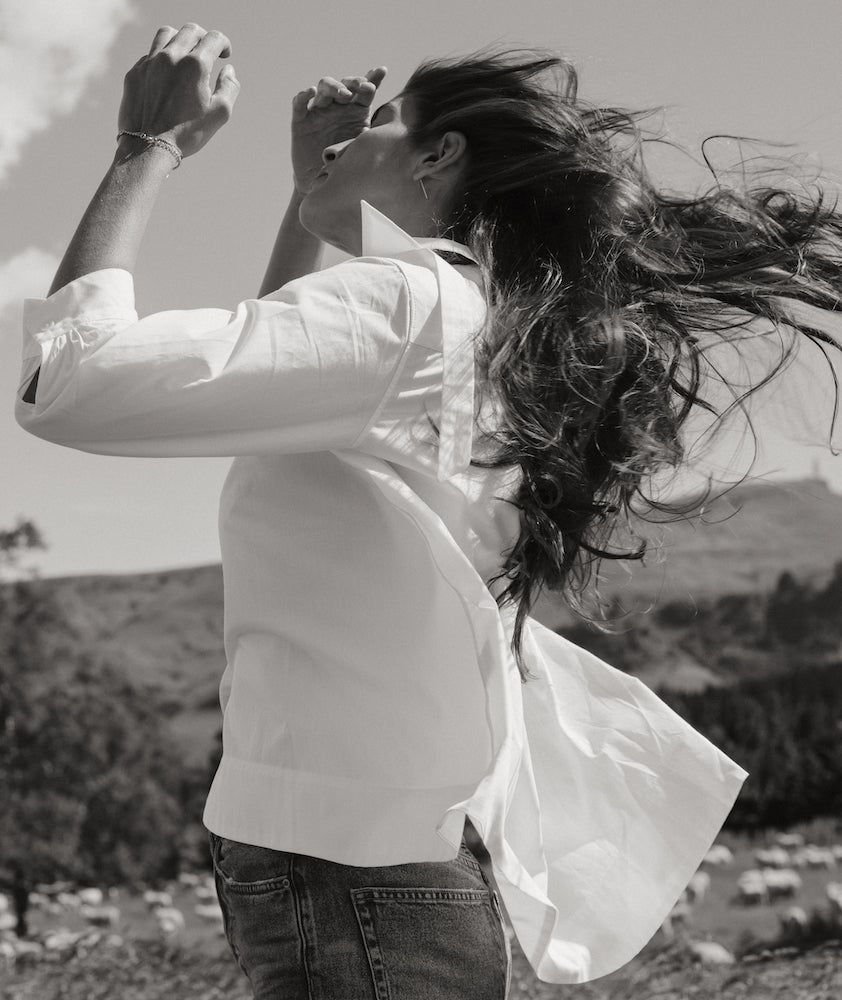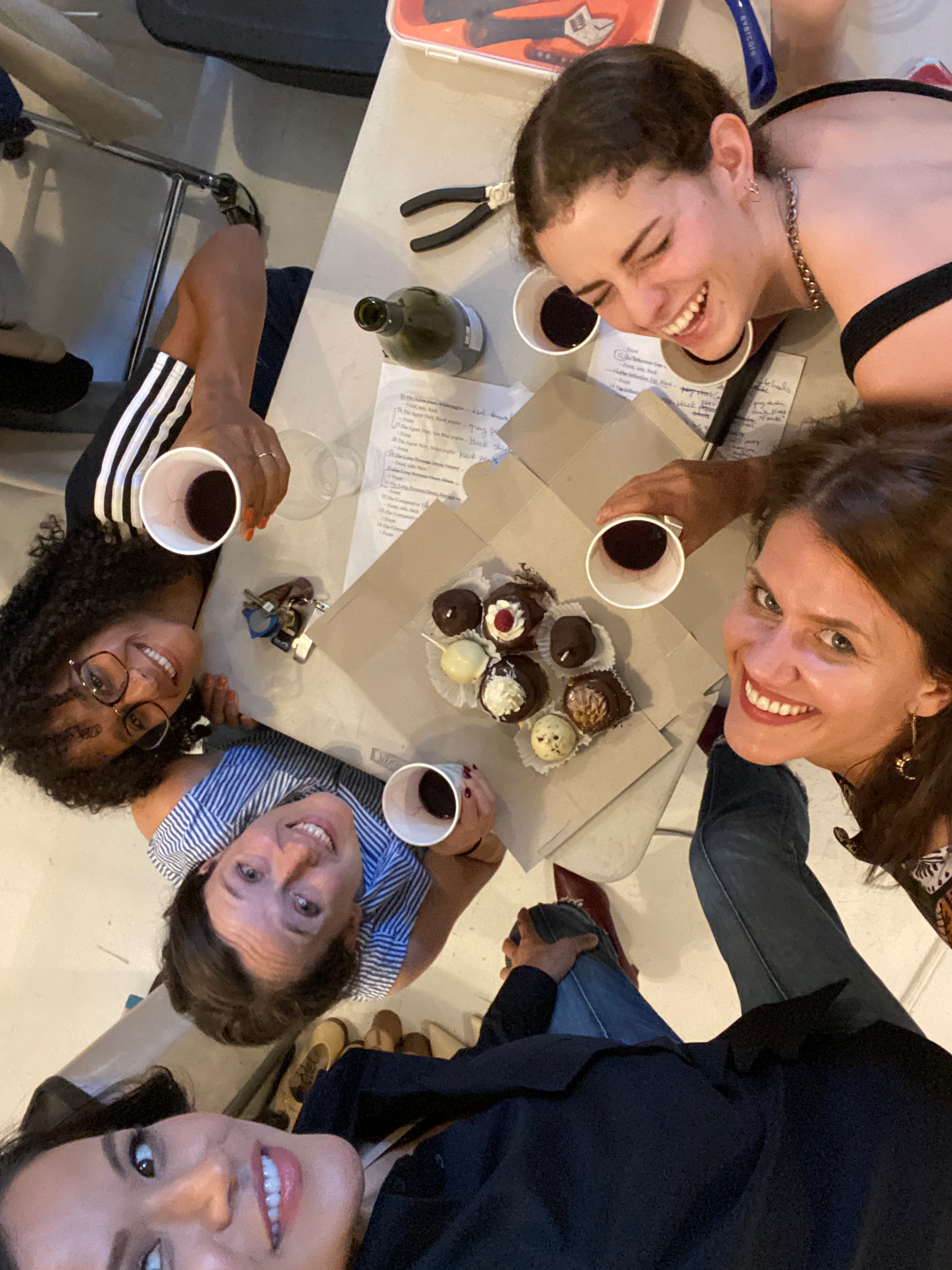In this interview, Althea basically gives a mini masterclass on life. How she lives her life and how she runs GRAMMAR are one in the same because both are rooted in love and care. Sharing her expertise as a designer and entrepreneur is part of her purpose. Since GRAMMAR began in 2017, Althea has mentored fashion designers, marketing majors, graphic designers, and a poet. Below, Althea discusses why she loves working with interns and her long-term goal to teach in a classroom setting. No doubt, she will be the best teacher and best-dressed professor ever. Read to find out why Althea says “becoming an entrepreneur is like getting a PhD in yourself.”
Callie: Althea, I’ve been so lucky to have you as a friend and mentor during this last year, especially in the face of the ongoing pandemic. Often, I’ve thought back to a conversation we had last March. You talked about the importance of beauty and of creating art as an act of resistance against difficult times. I’d love for you to say more about this.
Althea: Part of what I’ve come to realize during the pandemic is that creating beauty is my purpose and an act of extreme importance and resistance. It's a gift to create; to not create is a tragedy. When you have that calling and that ability, when what you make touches people, it is important to share it—it’s important to them, it's important to you, it's important to the universe. To deny yourself the act of creation is not only hurting yourself, it’s also hurting the world.
Callie: So, it's not just knowing your gifts but using them.
Althea: Yes. The other thing that I think about a lot, which was the impetus for us working together, is this feeling I have that my purpose is to share my knowledge with younger people, or people who are earlier on in their journey of knowing themselves, knowing their gifts and sharing their gifts, whether that is starting a business or becoming a designer or artist. Our interviews have been about sharing what I know, sharing my point of view, and sharing my knowledge. It’s important for me to keep that going, whether it's through continuing to write or speak. I have a dream of teaching a class, as I’ve told you before. I know that is part of my calling, too.


